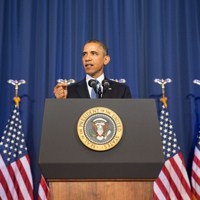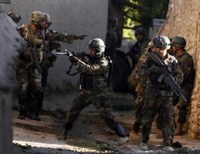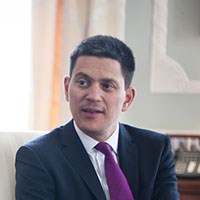
Earlier this month, U.S. Secretary of State John Kerry and Vietnamese Foreign Minister Pham Binh Minh signed an agreement to enable future civil nuclear cooperation between the two countries. While the text has not been made public, it appears that the agreement will not include a so-called Gold Standard provision proscribing Vietnam from enriching uranium or reprocessing plutonium. The agreement marks the latest installment in a decade-long effort by the United States and other major nuclear powers to limit the further spread of uranium enrichment and plutonium reprocessing technologies (ENR), which can provide both fuel for nuclear power and fissile […]















